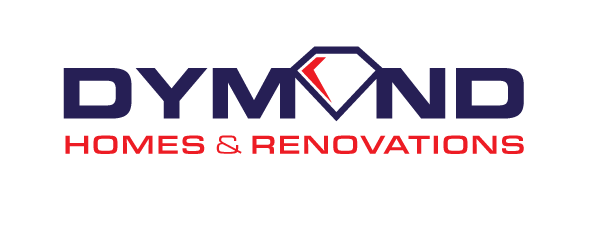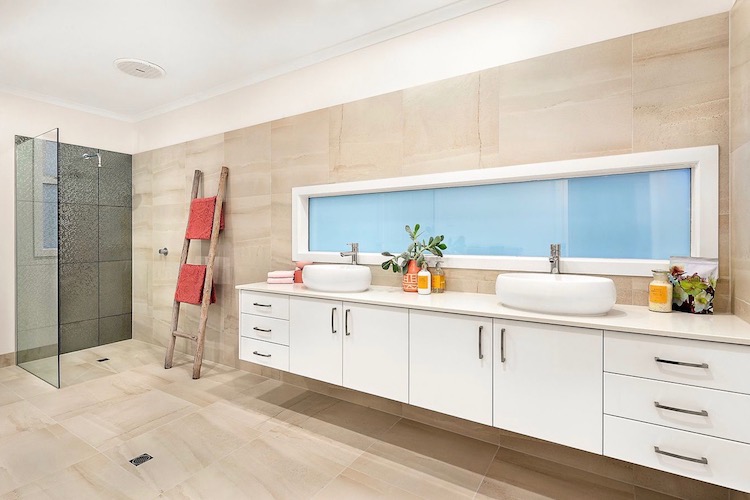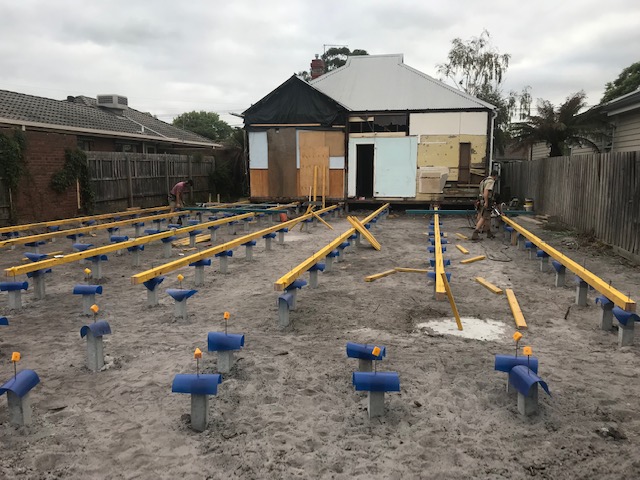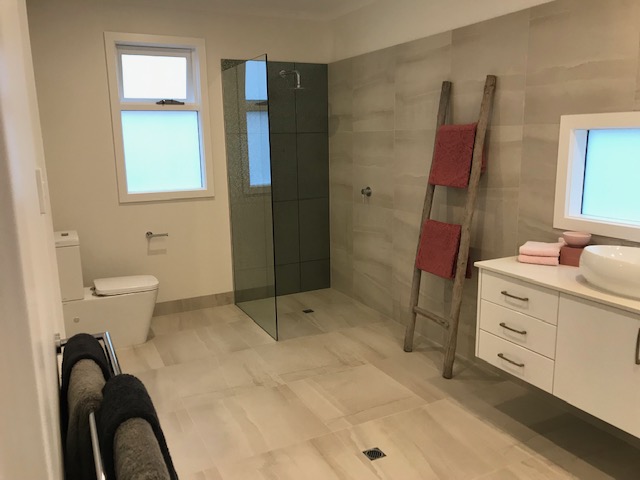Giving your home an upgrade can be quite an exciting time for you and your family. There are many ways to approach this, but one approach that is fast becoming popular is getting a home extension.
By extending your home, you can enhance its functionality for a growing family, improve its aesthetic, as well as the overall value. Costing will always be a consideration, and just like any house upgrade, it can quickly get expensive if not done the right way. So – how much do home extensions cost?
Before diving into the costs, it’s important to understand the types of home extensions available and what to plan for before undertaking such a large project.
In this article, we will explore the different types of home extensions available, important planning considerations, and the various factors that affect the overall cost of an extension project. By understanding these elements, you can make an informed decision that aligns with your needs and budget.
Types of Home Extensions
Type 1: Ground Floor Extensions
This type of extension typically uses extra space on the side or rear of the house. On some blocks, extensions can also be made at the front to create extra space and enhance your home’s street appeal.
Ground floor extensions are excellent for homeowners who desire open-plan living areas and additional private spaces. If your property is large enough, this can be the most cost-effective option.
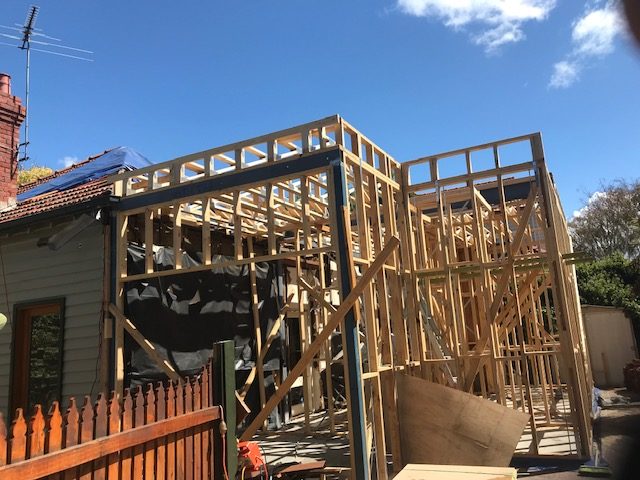
Home Extension Brighton – Additional Living Area
Type 2: Second Story Home Extensions
A second story extension involves removing the roof and conducting structural assessments. Although this process is more complex than ground floor extensions and may not be feasible for all homes, it offers significant benefits such as better views, more natural lighting, and additional living and workspaces. Consulting with a custom home extensions builder is essential to ensure your existing structure can support a second story.
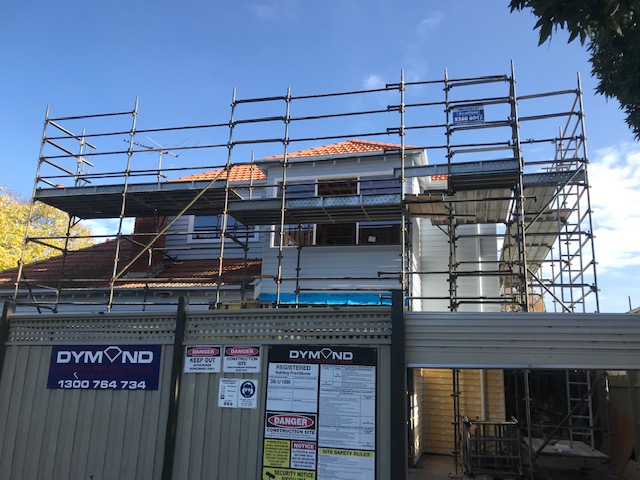
Second Floor Home Extension Brighton – Additional Bedrooms and Living Area
Type 3: Underground Extensions
When extending upwards isn’t an option, extending downwards by adding a basement or cutting into a sloping block can be considered. Basements provide flexible usage options such as extra bedrooms, living rooms, home theatres, gyms, or rumpus rooms. However, creating basements or cutting into sloping blocks is not as straightforward as other extensions and requires expert knowledge in excavation and engineering.
Planning Your Melbourne Home Extension
To ensure your home extension project runs smoothly and stays within budget, careful planning is essential. Here are some key steps to consider:
Step 1: Consider Your Budget
Before you start planning your home extension, it’s important to establish a clear budget. This will help guide your decisions and ensure you don’t overspend. Remember to factor in potential unexpected costs that may arise during the project. It’s also important to consider why you want to do the extension in the first place.
Depending on the scope of your project and the clauses in contract – the duration of the home extension may impact your overall budget. One of the main reasons this may impact your budget is because of the fluctuating and often increasing costs of materials and labour which they may have to factor into their quotes.
Step 2: Know the Extension’s Real Purpose
As home extensions aren’t cheap, adding new spaces to your home isn’t the same as adding a new piece of furniture. Clearly defining the purpose of your extension will help in planning the layout and features of the new space. Whether you’re extending your home for a growing family by adding an extra bedroom, or adjusting to a new work from home arrangement by adding a home office – knowing the exact purpose will help you and your builder design a space that meets your needs ensuring you’re spending money on the things that matter.
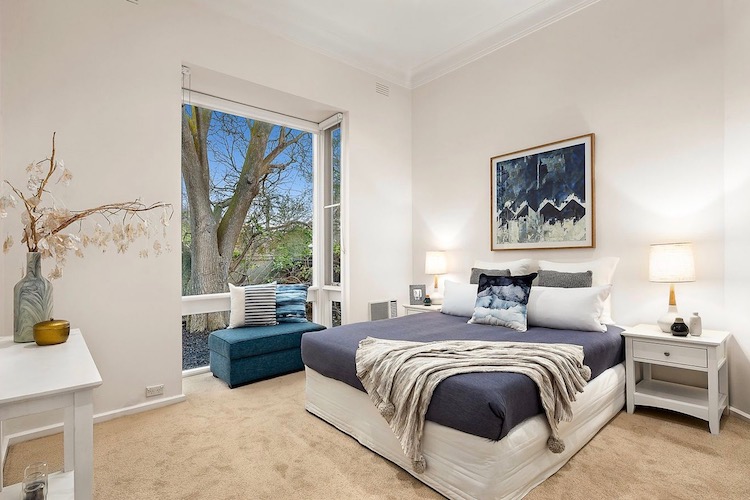
Melbourne Home Extension – newly renovated bedroom in Brighton
Step 3: Plan Accordingly
Once you’ve figured out why you’re extending your house, it’s time to consider exactly how things will play out. Here are some guide questions to consider:
- How long is construction going to take?
- What are the processes involved in the construction?
- Are you going to move out while construction is ongoing?
- If so, do you already have a place to stay? How long will you be staying there?
This isn’t a complete list, but your home builder will be able to tell you what you should do while they work on their designs.
Step 4: Don’t Forget The Paperwork
Home extensions often require permits and approvals from the local council. This can be a great source of delay if you don’t get to them as soon as possible. For this reason, before you start your project, make sure that you and your chosen home builder have gotten over the requirements, which include:
- Building permits
- Planning permits
- Parking permits
- Construction and waste management permits
If you already have your budget set, you will likely need to add another 15% of the total cost to pay for the fees as mentioned above.
Step 5: Choose a Home Builder That Specialises in Home Extensions
Your home extension project is best left to the hands of custom home builders that specialise in Melbourne home additions or extensions. Home extensions are their forte, so you can rest assured that they’re skilled and competent in their job. Choose one that is familiar with the market and has an extensive portfolio of home addition projects that are a similar size and style to what you want across Melbourne’s eastern suburbs.
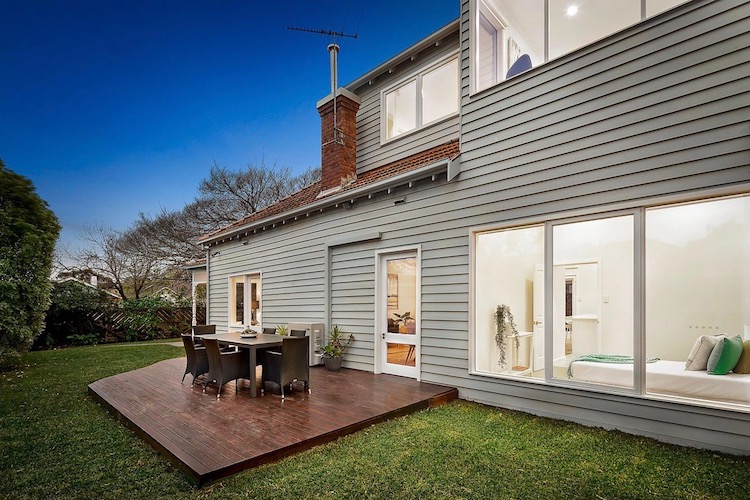
Home Extension Melbourne – second floor home extension Brighton
Cost Considerations for Home Extensions
Now that you have a better idea of the types of home extensions available and how to plan effectively, now we can look at the various factors that may affect the overall price.
Consideration 1: The size of the home extension
As a general rule, the larger the scale of the renovation project, the more expensive it will likely get. In general, the larger the area involved for extension (you can measure this by square meters), the more expensive you can expect the project to be. This is because larger-scale projects would require more raw materials to complete and more hours of labour to build. Custom home builders would provide you with a raw estimate of possible extensions, and you will see that size is always going to be a huge factor.
Consideration 2: The type of home extension
What are your plans for the extension? Whilst the size of the extension can typically give you a rough indication of price, the type of home extension will definitely impact the price. As a rule of thumb, house extensions that include wet areas such as a bathroom renovation or kitchen renovation will typically be more expensive than others because they will have more specialised equipment such as toilets, sinks, and the associated plumbing, tiling and waterproofing to be installed.
They also tend to be more detailed in construction compared to other rooms such as a living room or bedroom which are typically more open planned layouts. As you can see, your plans for the new area will play a pretty significant impact on the final price.
Consideration 3: The timeline of the project
Another key consideration that can affect your home extension cost is how fast you need or want the project to be completed? All projects, regardless if you are building a new structure from scratch or you are rebuilding an existing one, have timelines to follow – particularly when they include wet areas or more complex projects that include adding a second storey or extending the roofline. You can usually get an idea of how long a build will take when you get a quote from your custom home builder.
If you want your home extension done fast, it will typically require more trades, which will, of course, mean you’ll probably need to pay more. For this reason, the time constraints involved in finishing a home extension project can play a huge factor in the costs of getting it done.
Trusted Custom Builders in Melbourne
Now that you have a better idea of the types, steps and considerations for an extension project, the next step is to find the right people to do the job for you.
For the best home extension and renovation services in Melbourne’s eastern suburbs – Dymond Homes and Renovations are the trusted custom home builders you’re looking for.
As a full-service builder for extensions and renovations, we help Melbourne residents get the home upgrade they always wanted without needing to move out or shell out vast sums of money. Our professional team will help rebuild your home so it can best fit your needs and dreams. Contact us now to find out more how we can make your desired home additions happen.
